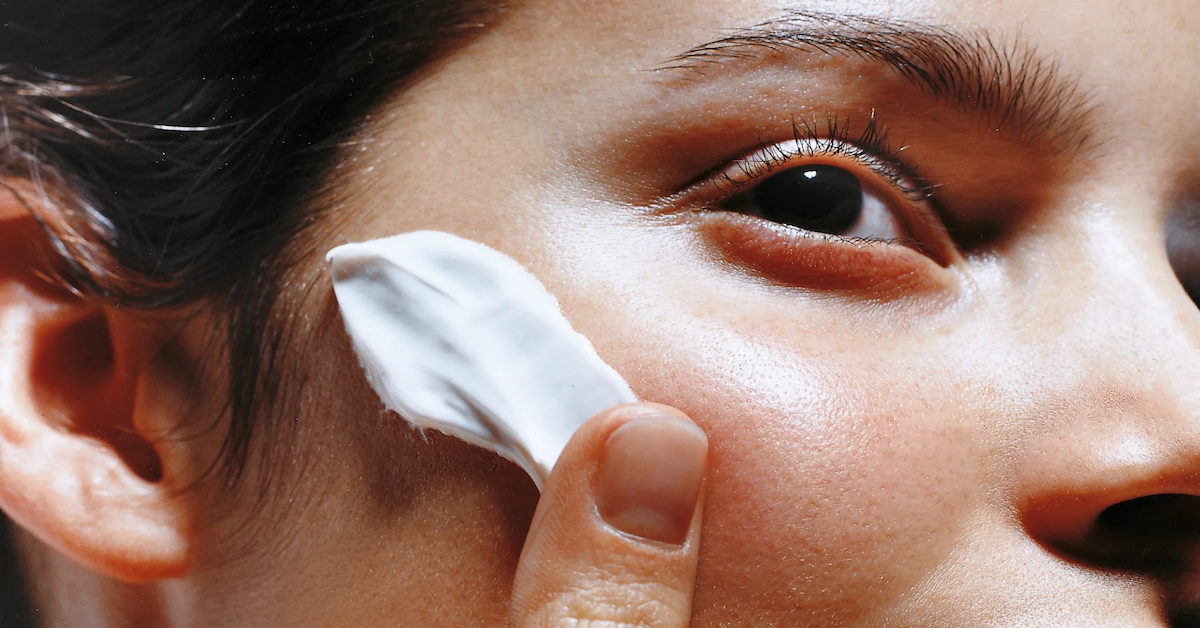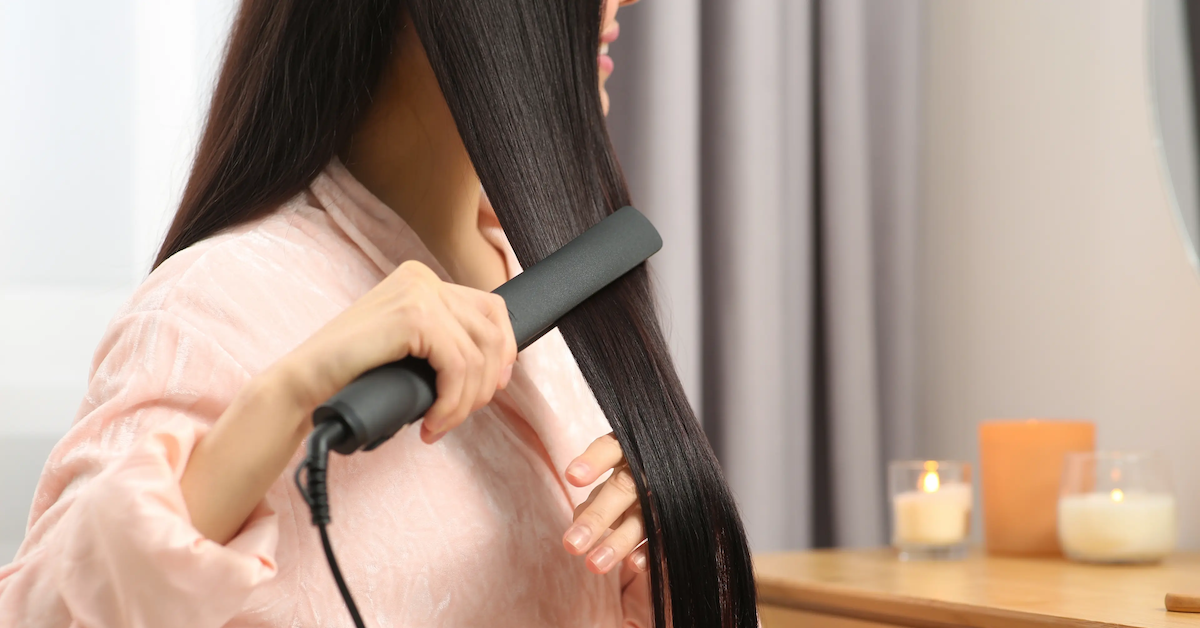How Do You Choose the Perfect Skincare Products for Your Skin Type?
Taking care of your skin is crucial, and using the right skincare products tailored to your skin type can make a big difference. With so many products out there, it can be tricky to know what to choose. In this guide, we’ll break down how to pick the perfect skincare products for your skin type, ensuring you get the best results and maintain healthy, glowing skin.

Understanding Your Skin Type
Before diving into products, you need to understand your skin type. Skin generally falls into one of five categories: oily, dry, combination, sensitive, or normal. Each type has its own set of characteristics and needs.
- Oily Skin: This type is marked by excess sebum production, making your skin look shiny, especially in the T-zone (forehead, nose, and chin). Enlarged pores and frequent breakouts are also common.
- Dry Skin: If your skin often feels tight, rough, or flaky, you likely have dry skin. It tends to lack natural oils and can be more prone to irritation and fine lines.
- Combination Skin: As the name suggests, combination skin has both oily and dry areas. Typically, the T-zone is oily while the cheeks are dry or normal.
- Sensitive Skin: This type can be easily irritated by products or environmental factors. Redness, itching, and burning sensations are common issues.
- Normal Skin: Normal skin is well-balanced, not too oily or dry. It's generally clear and less prone to sensitivity.
Methods to Determine Skin Type
To figure out your skin type, you can do a simple test at home. Wash your face with a gentle cleanser, pat dry, and leave it bare for an hour. Afterward, check your skin:
- Oily Skin: Shiny and greasy to the touch.
- Dry Skin: Feels tight and may have flaky areas.
- Combination Skin: Oily in some areas (like the T-zone) and dry or normal in others.
- Sensitive Skin: Shows redness, irritation, or feels itchy.
- Normal Skin: Feels comfortable and balanced without excessive oil or dryness.
For a more accurate assessment, consider consulting a dermatologist or esthetician.
Key Ingredients for Different Skin Types
Knowing your skin type helps you choose products with the right ingredients.
- Oily Skin: Look for products containing salicylic acid, niacinamide, clay, or tea tree oil. These ingredients help control oil production and prevent breakouts.
- Dry Skin: Opt for products with hyaluronic acid, glycerin, ceramides, and nourishing oils like jojoba or argan. These ingredients help hydrate and repair the skin barrier.
- Combination Skin: Choose balancing ingredients like hyaluronic acid and gentle exfoliants. Lightweight moisturizers work best.
- Sensitive Skin: Seek out soothing ingredients like aloe vera, chamomile, and oatmeal. Avoid fragrances and harsh chemicals.
- Normal Skin: Maintain your skin’s balance with mild cleansers, broad-spectrum SPF, and balanced moisturizers.
Skincare Routine Basics for Each Skin Type
Creating a skincare routine that suits your skin type is essential.
- Cleansing: A good cleanser is the foundation of any skincare routine. For oily skin, a foaming or gel cleanser can help remove excess oil. Dry skin benefits from a creamy, hydrating cleanser. Combination skin can use a gentle, balanced cleanser. Sensitive skin needs a fragrance-free, mild cleanser. Normal skin can use a gentle cleanser that doesn’t strip away natural oils.
- Exfoliating: Exfoliation removes dead skin cells, but it should be done according to your skin type. Oily skin can handle exfoliating 2-3 times a week with salicylic acid. Dry skin should exfoliate once a week with a gentle scrub or lactic acid. Combination skin can exfoliate 1-2 times a week, focusing on the T-zone. Sensitive skin needs a very gentle exfoliant and should do it less frequently. Normal skin can exfoliate 1-2 times a week with mild products.
- Moisturizing: Every skin type needs moisture. Oily skin should use a lightweight, oil-free moisturizer. Dry skin benefits from a rich, hydrating cream. Combination skin needs a gel or lotion that hydrates without being too heavy. Sensitive skin should use a soothing, fragrance-free moisturizer. Normal skin can use a balanced moisturizer that maintains hydration.
- Sun Protection: Sunscreen is non-negotiable. Choose a broad-spectrum SPF 30 or higher. Oily skin may prefer a mattifying sunscreen. Dry skin can use a moisturizing sunscreen. Combination skin should find a balanced formula. Sensitive skin should look for mineral sunscreens with zinc oxide or titanium dioxide. Normal skin can use any broad-spectrum sunscreen that feels comfortable.
Additional Tips for Choosing Skincare Products
When choosing skincare products, keep these tips in mind:
- Reading Labels and Ingredients Lists: Always read the labels. Avoid products with alcohol and fragrances if you have sensitive or dry skin. Look for non-comedogenic products if you have oily or acne-prone skin.
- Patch Testing: Before using a new product, do a patch test. Apply a small amount on your wrist or behind your ear and wait 24 hours to see if there’s any reaction.
- Considering Seasonal Changes: Your skin’s needs may change with the seasons. For instance, you might need a heavier moisturizer in winter and a lighter one in summer.
- Seeking Professional Advice: If you’re unsure about your skin type or have persistent skin issues, consult a dermatologist for personalized advice.
Popular Myths About Skincare Products
Let’s debunk some common skincare myths:
- Natural vs. Synthetic Ingredients: Just because an ingredient is natural doesn’t mean it’s better for your skin. Likewise, synthetic ingredients can be safe and effective. It’s about finding what works for your skin.
- High Price Equals High Quality: Expensive doesn’t always mean better. Many affordable products are just as effective as high-end ones. Focus on the ingredients and formulation instead.
- One-Size-Fits-All Solutions: There’s no universal skincare product that works for everyone. Personalized routines tailored to your skin’s needs are the most effective.
Building a Personalized Skincare Routine
Creating a skincare routine that works for you involves assessing your skin’s needs regularly. Your skin may change due to factors like age, diet, stress, and environment. Be prepared to adjust your routine accordingly.
Start with the basics: a cleanser, moisturizer, and sunscreen. Gradually introduce new products like serums, masks, and treatments. Patience is key – give new products time to show results before making changes.
Conclusion
Choosing the perfect skincare products for your skin type involves understanding your skin, knowing which ingredients to look for, and building a personalized routine. Start simple, introduce new products gradually, and remember that consistency is crucial for achieving healthy, radiant skin.
Happy skincare journey from all of us at ROSS's in Highland Park!























